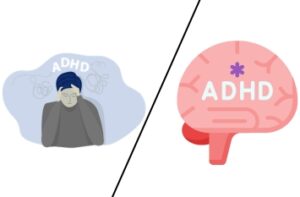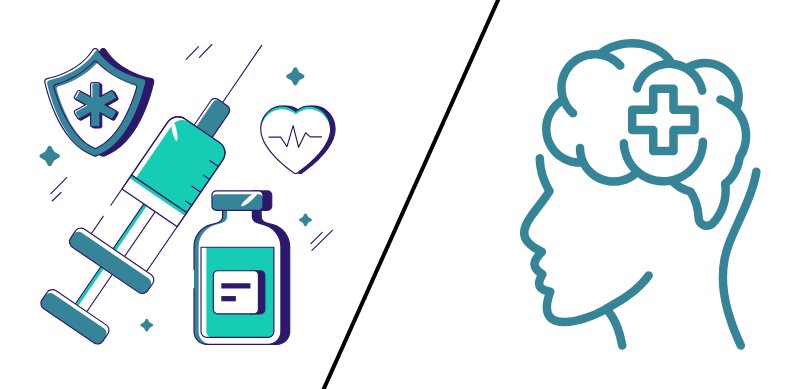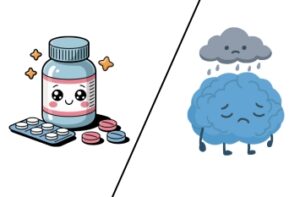
ADHD in Adults: Signs, Symptoms, and Treatment Options in Frisco, TX
ADHD in Adults: Signs, Symptoms, and Treatment Options in Frisco, TX Attention-Deficit/Hyperactivity Disorder, ADHD, is often thought of as a childhood condition, but millions of

Managing mental health conditions such as schizophrenia, bipolar disorder, or severe depression often requires a consistent medication regimen to stabilize mood, behavior, and thought processes. However, many patients face challenges with daily oral medications due to forgetfulness, side effects, stigma, or limited insight into their condition.
Long-acting injectables (LAIs) offer a practical solution by delivering sustained doses of medication over extended periods, significantly improving treatment adherence and outcomes.
Long-acting injectables are psychiatric medications administered through intramuscular or subcutaneous injections that gradually release active ingredients into the body over time. Unlike daily pills that require regular dosing, LAIs are typically given every two weeks, monthly, or even quarterly, depending on the specific formulation.
This extended release maintains steady therapeutic levels in the bloodstream, improving stability and minimizing the need for daily medication routines.
Once administered, the medication is stored in muscle or fat tissue, where it slowly releases into the bloodstream. This mechanism helps ensure a stable and consistent drug concentration, reducing the risk of sudden changes in symptoms due to missed doses or medication spikes.
This slow release supports patients in maintaining long-term stability and symptom control with fewer side effects.
1. Improved Medication Adherence
Many patients with psychiatric conditions struggle to maintain daily medication schedules due to forgetfulness or a lack of awareness of their illness. LAIs eliminate this barrier by requiring far less frequent administration, reducing the likelihood of missed doses.
2. Stable Therapeutic Levels
Oral medications often cause peaks and troughs in drug concentration, which can result in side effects or symptom recurrence. LAIs maintain consistent levels of medication in the body, minimizing fluctuations and promoting better overall control of symptoms.
3. Reduced Risk of Relapse
Medication non-adherence is one of the leading causes of relapse in mental health conditions. By delivering steady doses of medication, LAIs help reduce this risk significantly, supporting patients in staying on track with their recovery.
4. Greater Convenience
Infrequent dosing schedules, ranging from every few weeks to several months, offer greater convenience for both patients and caregivers. This reduces the need for complex daily medication management and provides more flexibility in daily life.
5. Regular Healthcare Monitoring
Each injection appointment serves as a valuable opportunity for healthcare providers to assess the patient’s progress, discuss any concerns, and make adjustments to the treatment plan if necessary. This proactive monitoring can enhance the overall quality of care.
6. Reduced Stigma and Improved Self-Esteem
For some patients, daily medication can be a constant reminder of their mental health condition, leading to feelings of shame or embarrassment. LAIs offer a more discreet option, helping patients feel less burdened by their treatment and improving their confidence and well-being.
LAIs are particularly beneficial for individuals who experience challenges with daily medication adherence. This may include:
LAIs are commonly used to manage chronic psychiatric conditions, including
By providing sustained medication delivery, LAIs help these patients maintain better control of their symptoms and improve their overall quality of life.
Contact Us Today!

ADHD in Adults: Signs, Symptoms, and Treatment Options in Frisco, TX Attention-Deficit/Hyperactivity Disorder, ADHD, is often thought of as a childhood condition, but millions of

Tele-Psychiatry in Frisco, TX: Convenient, Confidential Mental Health Care From Anywhere Mental health care should be accessible, flexible, and fit into your life—not add more

When Medication Isn’t Enough: Exploring Advanced Depression Treatments in Frisco, TX Depression is a complex medical condition that affects mood, energy, motivation, sleep, and overall
